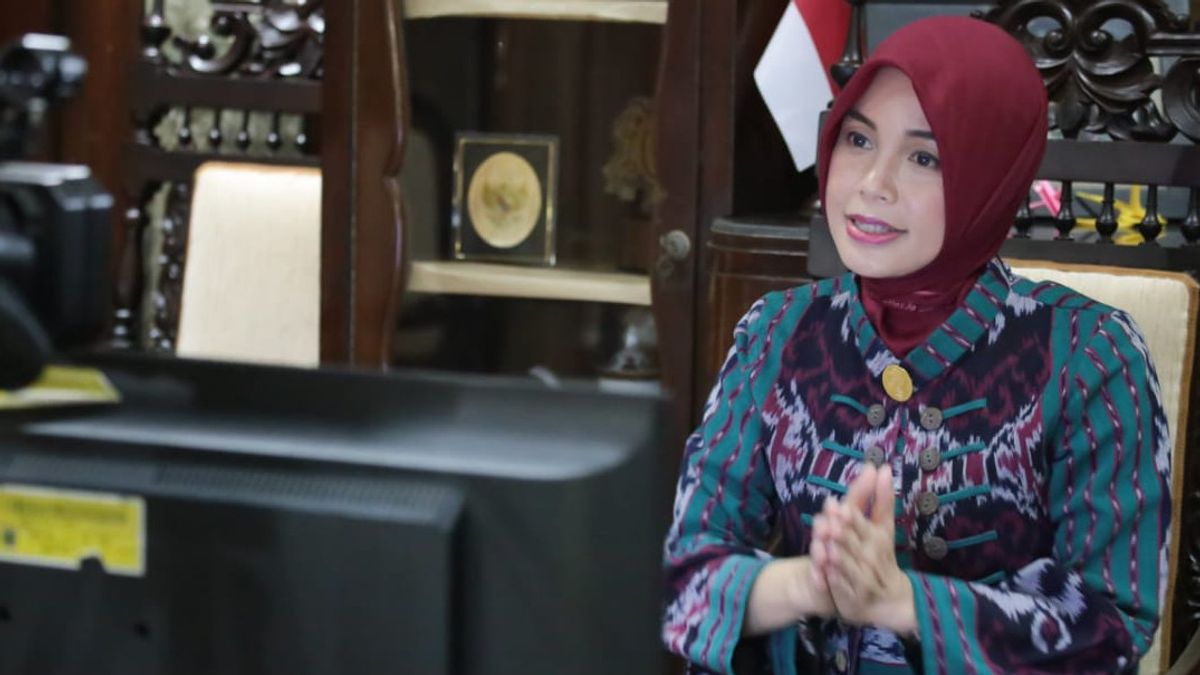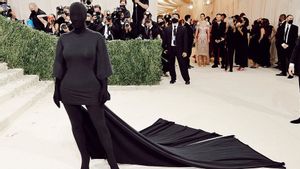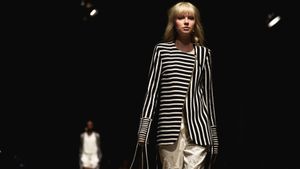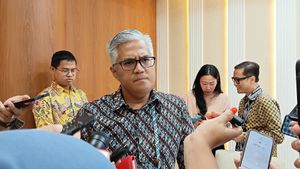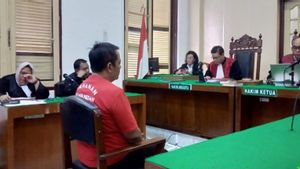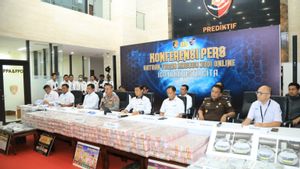JAKARTA - Chairman of the Central Java Regional National Crafts Council (Dekranasda), Atikoh Ganjar Pranowo, asked Wastra craftsmen (batik cloth, weaving) to adapt to changes in fashion during the pandemic. Craftsmen are asked to be responsive to digital marketing which is growing faster.
Atikoh said that when she became a keynote speaker in an online fashion course from the Cooperatives and SMEs Training Center of the Central Java Cooperative Service, Thursday, September 23. According to her, the shift in fashion trends has a big impact on the business patterns of crafters and the products they produce.
"With no invitations, more work from home parties, of course, market demand also changes. SME friends must seize this opportunity by making clothes that are polite, casual, and comfortable", she said.
With this condition, he asked the craftsmen to look at market opportunities. The trick is not only to produce fabrics but also to make ready-to-wear clothes. This step is considered by Atikoh as an adaptive way to maintain business in the midst of the Covid-19 pandemic.
She revealed that during the Covid-19 pandemic, the purchase of negligee actually increased by 300 percent. In addition, wood exports from Indonesia also increased by around 30 percent. This is due to the Work From Home pattern which causes the desire to decorate the house.
SEE ALSO:
Not only that, but Atikoh also asked the craftsmen to be familiar with the world of online selling.
"I am also ready to endorse SME products. I will endorse any products that will be produced later. The most important thing is to buy them", said Atikoh.
Head of the SME Central Java Cooperative Service, Ema Rachmawati, said that her party was collaborating with many parties to develop the fashion sector. One of the ways to do this is by providing training for SME players in Lasem District, changing batik cloth products into ready-to-wear.
A designer from the Indonesian Fashion Chamber, Lisa Fitria, revealed that well-known fashion companies are now starting to develop clothes based on Wastra.
"The designs don't need to be varied. I'll give an example like Dior, who makes clothes from batik and Endek weave so that they are ready to wear", concluded Lisa.
The English, Chinese, Japanese, Arabic, and French versions are automatically generated by the AI. So there may still be inaccuracies in translating, please always see Indonesian as our main language. (system supported by DigitalSiber.id)
